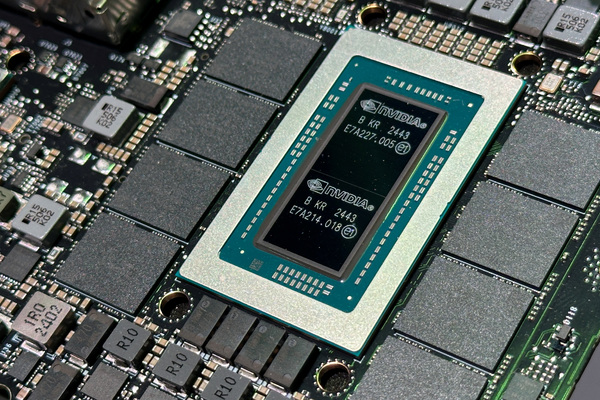Natural language processing and the power to combat disinformation

Jan Piotrowski at MIM Solutions explores how anti-Ukraine propaganda and disinformation is being identified and extinguished by AI
The development of AI-powered applications and chatbots continues to dominate news stories across the globe. With major developments being made to the technology, AI is now being discussed outside the realm of the tech industry with it now playing a role in other sectors like education, business and even national security.
One major story that has been discussed heavily over the last year has been the Russia-Ukraine conflict. As we now live in the age of technology, the conflict hasn’t only been physical. Rather, new tactics have been deployed which are being fuelled by the spread of propaganda and disinformation across the internet. Russia has facilitated online channels, predominantly via social media to share its library of disinformation propaganda to fuel anti-Ukraine sentiment across the nation and dampen global support.
As AI continues to evolve alongside disinformation tactics, no other tool will be able to effectively identify AI-generated disinformation. Anti-disinformation bots powered by AI will be the final defence when distinguishing the difference between what’s the truth and what’s false.
Tech for good
By harnessing Natural Learning Processing (NLP) solutions based on deep neural networks – the AI tool is able to identify and flag trolls and the propaganda each account produces.
Before AI, identifying and reporting trolls in such a congested cyber-space alongside the backdrop of a war would require a greater number of hours. Modern NLP models which we use only need 50 annotated samples to learn to identify texts fitted in propaganda narration.
This is important as we are able to flag troll accounts efficiently with the help of AI, whilst diminishing the threat before it can take effect. The long-term aim is developing the tool to actively combat disinformation once live in a bid to extinguish the threat altogether.
The fight against online disinformation would be far more laborious and ineffective without the assistance of AI’s capabilities. Disinformation is not a new phenomenon, and neither is the need for organisations to combat it.
A lot has been made this year of the dangers of AI, particularly when it comes to our job security. But without AI, the spread of disinformation in the current crisis in Ukraine would be a far steeper uphill battle for us to compete against.
Efficiency through automation
We developed the AI bot to leverage the effectiveness of automation to counter propaganda. Our campaign requires us to operate swiftly but at the same time not compromise on effectiveness. Only by harnessing AI can we identify propaganda sources without wading through thousands of data points and identifying incorrect sources.
Through the NLP model, we are able to achieve between 80-90% accuracy. The troll farms balance activity, which means not every tweet they share is hateful. Some are neutral to portray a credible image and help them hide in plain sight. But our solution is constantly learning and aims to identify possible changes in the operation of disinformation sharing by any organisation or individual.
Contrasting views towards AI
Much of the conversation surrounding technology in 2023 has been dominated by AI’s potential threats it poses. As we have seen, AI is proving to be increasingly smart and imbedding itself in the way we live and work.
The consequence of AI will be some jobs currently undertaken by humans will be redundant as adoption increases. But at the same time, AI-related jobs will become more prominent and demand for developers, testers and everything in between will only increase.
From a Polish technology perspective, AI has equipped us with the necessary tools to successfully flag and eliminate propaganda online. A real-world issue and international security threat in which our AI-bot has the potential to make a huge difference for the better.
AI bolstering international security
The capabilities of AI continues to inspire and even frighten many of us. But what is important to remember is the good AI can deliver during times of crisis. Right now, AI continues to dent Russia’s propaganda war machine it is so heavily reliant upon within cyber-space.
Similar to advancement across any technology, not knowing what is ahead can be unnerving. This is especially heightened when considering the impact it could have on our jobs and potential exploitation of its capabilities.
But from a cyber-security perspective, the pros outweigh the cons when you consider the security implications currently at stake and the difference being felt not only in Ukraine but across the globe.
Jan Piotrowski is a Data Scientist at MIM Solutions, a member of SoDA
Main image courtesy of iStockPhoto.com

Business Reporter Team
Related Articles
Most Viewed
Winston House, 3rd Floor, Units 306-309, 2-4 Dollis Park, London, N3 1HF
23-29 Hendon Lane, London, N3 1RT
020 8349 4363
© 2025, Lyonsdown Limited. Business Reporter® is a registered trademark of Lyonsdown Ltd. VAT registration number: 830519543





